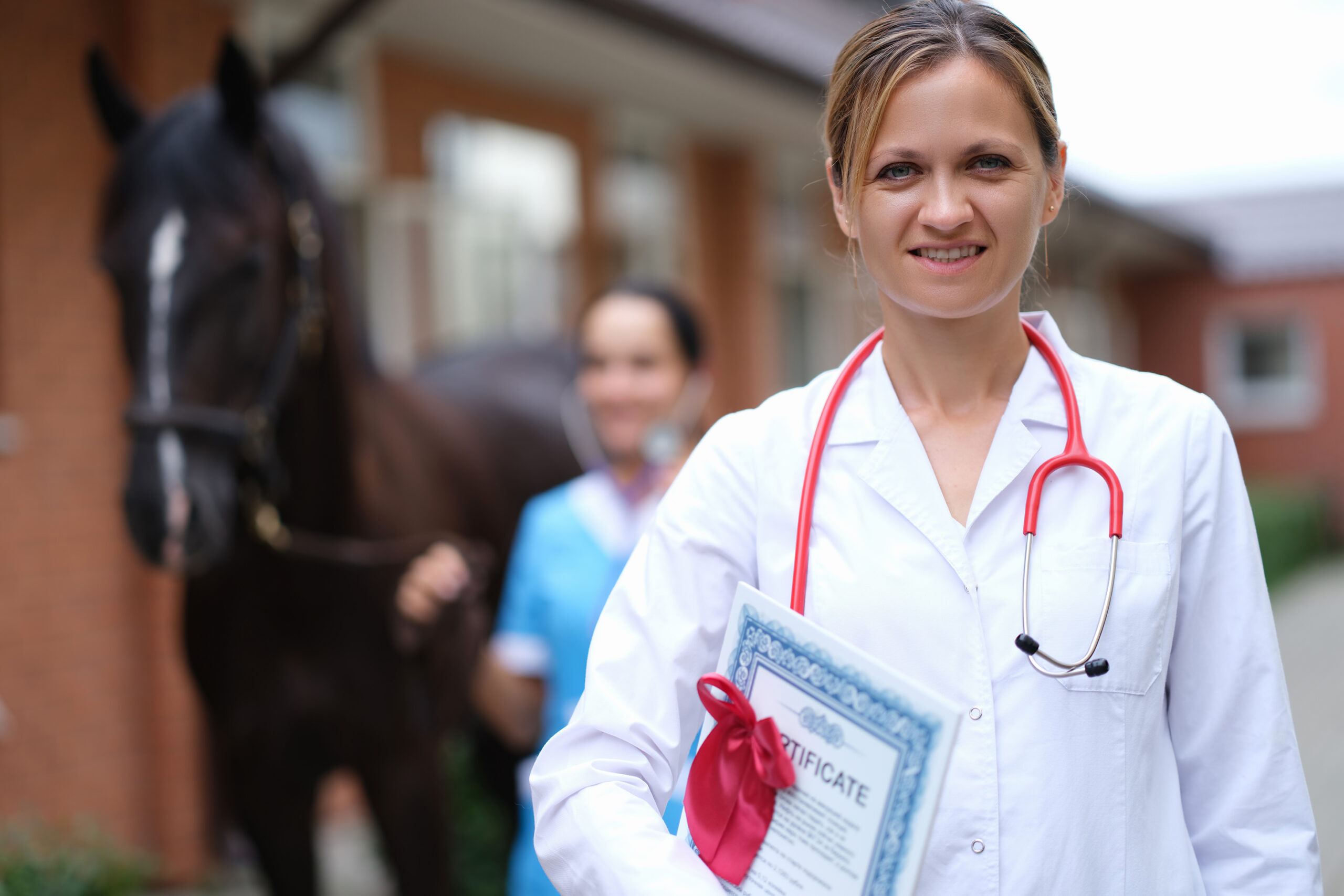Designed to provide vets and vet nurses with expert guidance and advice on essential areas which could help to improve practice life, the VetsNorth 2019 conference focuses on three key topics: the endocrine system; emergency medicine and surgery; and emergency and critical care nursing.
Each speaker has been carefully selected to ensure delegates are in the best hands to receive the most up-to-date knowledge. With the ability to switch between lecture streams and opportunity to participate in the interactive Q&A panel session on major challenges facing the profession, delegates can choose from 27 hours of bespoke CPD.
The friendly environment and regional size of VetsNorth ensures that you will have plenty of time for personal discussion with speakers and engagement with other professionals from across the veterinary industry. It promises to be the perfect opportunity to seek real, individual advice on challenging cases you are currently facing in practice.
Small animal medicine
Mike Herrtage will be commencing the small animal medicine stream on Wednesday 12 June with a lecture exploring Cushing’s syndrome in the cat. He will discuss the increasing efforts put in place to appropriately diagnose this issue and therefore provide successful treatment.
Sure to be a highlight of the second day at the conference, Heather Moberly of Texas A&M University will provide guidance on where to find information for free when researching difficult cases – a challenge faced by all members of the clinical team. Also on Thursday 13 June, Gayle Hallowell will present the very latest advancements in cardiovascular emergencies and CPCR in dogs and cats, which are commonplace in small animal practice. Cardiovascular conditions such as pericarditis and dysrhythmias commonly occur as primary events or secondary to other conditions, and using real-life case examples, this talk will look at what makes them emergencies and how they can be managed.
Other sessions being presented include: the unstable diabetic dog; feline hypoadrenocorticism; acute vomiting and diarrhoea in the dog; viral haemorrhagic disease in rabbits; and the treatment of dry eye.
Small animal surgery
With hyperthyroidism affecting up to 10 percent of geriatric cats, the likelihood of regularly facing cases in practice is very high. What better chance to learn about ways surgery can sometimes offer advantages over non-definitive treatments than attending “Surgical treatment of feline hyperthyroidism” in the small animal surgery stream on Wednesday 12 June?
On Thursday 13 June, David Williams will present a useful session exploring ophthalmological surgical emergencies in dogs and cats, covering trauma to the eye from lid lacerations through penetrating corneal foreign bodies to globe prolapse. In each of these cases, ocular pain and potential sight loss are key issues to be dealt with and knowing how to respond quickly and decisively is a critical skill.
Other surgical sessions on the programme include: emergency respiratory tract surgery in the dog; mandibular symphysis fracture repair in the dog and cat; perineal surgery in the dog; common surgical conditions in the pet rabbit; and patellar luxation in the dog.
Veterinary nursing
If you’ve ever taken a bandage off (and breathed a sigh of relief that all is well beneath) then you’ll know it’s a risky business…” On Wednesday 12 June, Georgie Hollis will be presenting two unmissable sessions focused on wound care, highlighting the functional role of five categories of wound dressing and exploring the science behind effective bandaging.
Another highlight of the veterinary nursing lecture stream is certain to be Emma Milne’s session looking at the well-known and emerging welfare issues surrounding brachycephalic breeds. In this session, Emma will explore how body shape impacts every basic welfare need of the animal, consider the moral question around selective breeding and highlight the role of the veterinary team in the future of animal welfare and client education.
Other themes being presented include: nursing the emergency ophthalmic patient; managing blood transfusions in practice; anaesthetising the emergency patient; resolving conflict in practice; and running effective weight loss programmes.










